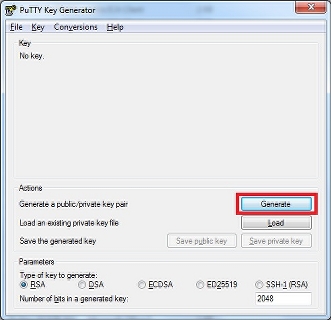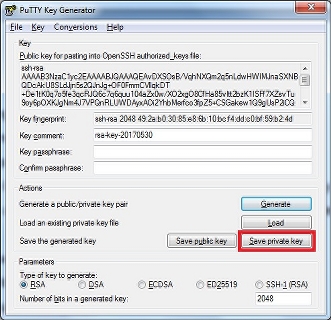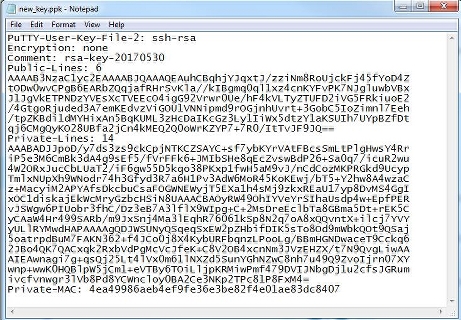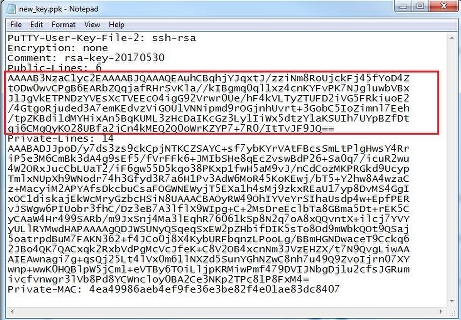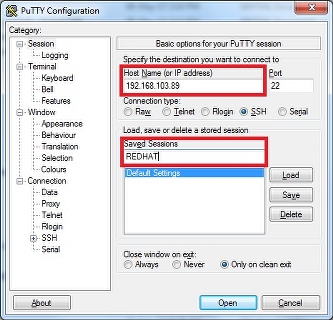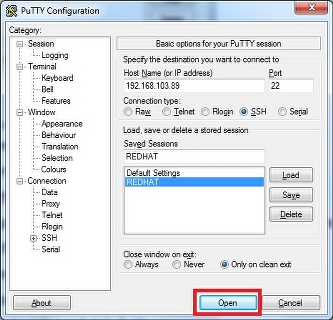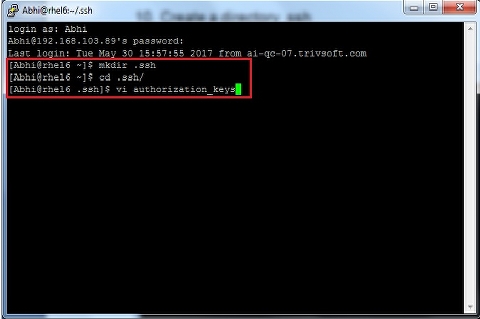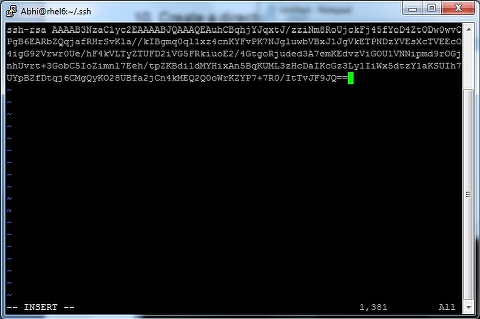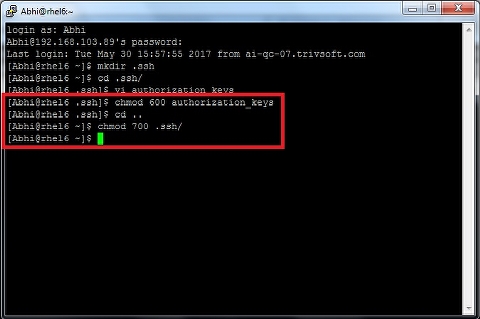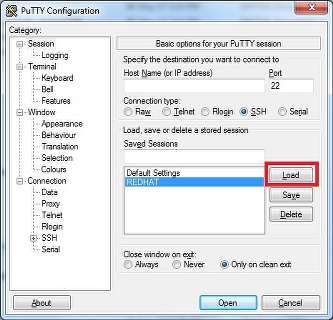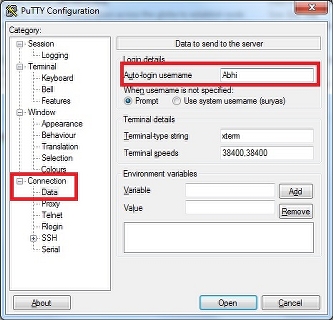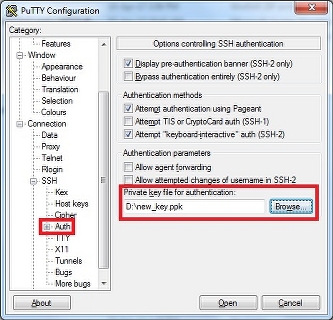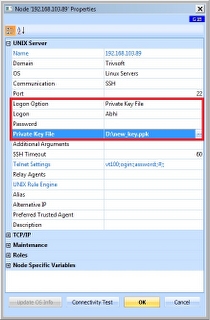KBI 311546 Password Less SSH Connectivity To Linux Servers
Version
Argent Advanced Technology all versions
Date
Wednesday, 31 May 2017
Summary
A good practice to connect securely to a Linux node is to use SSH
Here is how Argent Guardian Ultra should be configured to establish password less SSH connectivity to Linux servers
Technical Background
PuTTY is commonly used by system administrators across the globe to establish Linux node connectivity from windows environment.
To establish a password less SSH connectivity for Linux servers perform the following steps:
- Download PuTTY and PuTTY gen from putty.org
- Run the utility PuTTY gen which is used to generate keys
- In order to generate key pairs, click on the button ‘Generate’
- After generating the keys, leave the ‘Key passphrase’ empty and click on the button ‘Save private key file’
- Save the file and open the file in notepad
- From the notepad copy the public key to another notepad
- Converge the key into a single line
Note: These keys are sensitive, any character missing or any additional spaces may result in failure of password less SSH connectivity
- Run the utility PuTTY and create a session and save
- Open the SSH session and login using Argent user account
- Create a directory .ssh
- Change directory to .ssh and create a file authorization_keys
- Insert the following inro the file and save
ssh-rsa <space> <public key>
The <public key> should be the one line key
- Set permission for authorized_keys ($ chmod 600 authorized_keys) and for .ssh
($ chmod 700 .ssh) and exit the session
- Run the utility PuTTY again and load the session REDHAT
- From Connection tab select Data and specify the Argent user account
- From SSH tab select the sub tab Auth and specify the private key file in the field ‘Private key file for authentication’
- Again go back to the session tab and save
- Open the session to login without using password
Using Private Key file in License Manager Server properties screen
- Select Node properties of a licensed Linux server
- Change the Logon Option to ‘Private Key File’
- Specify the Logon and Private Key File
- Check the connectivity
Resolution
N/A
